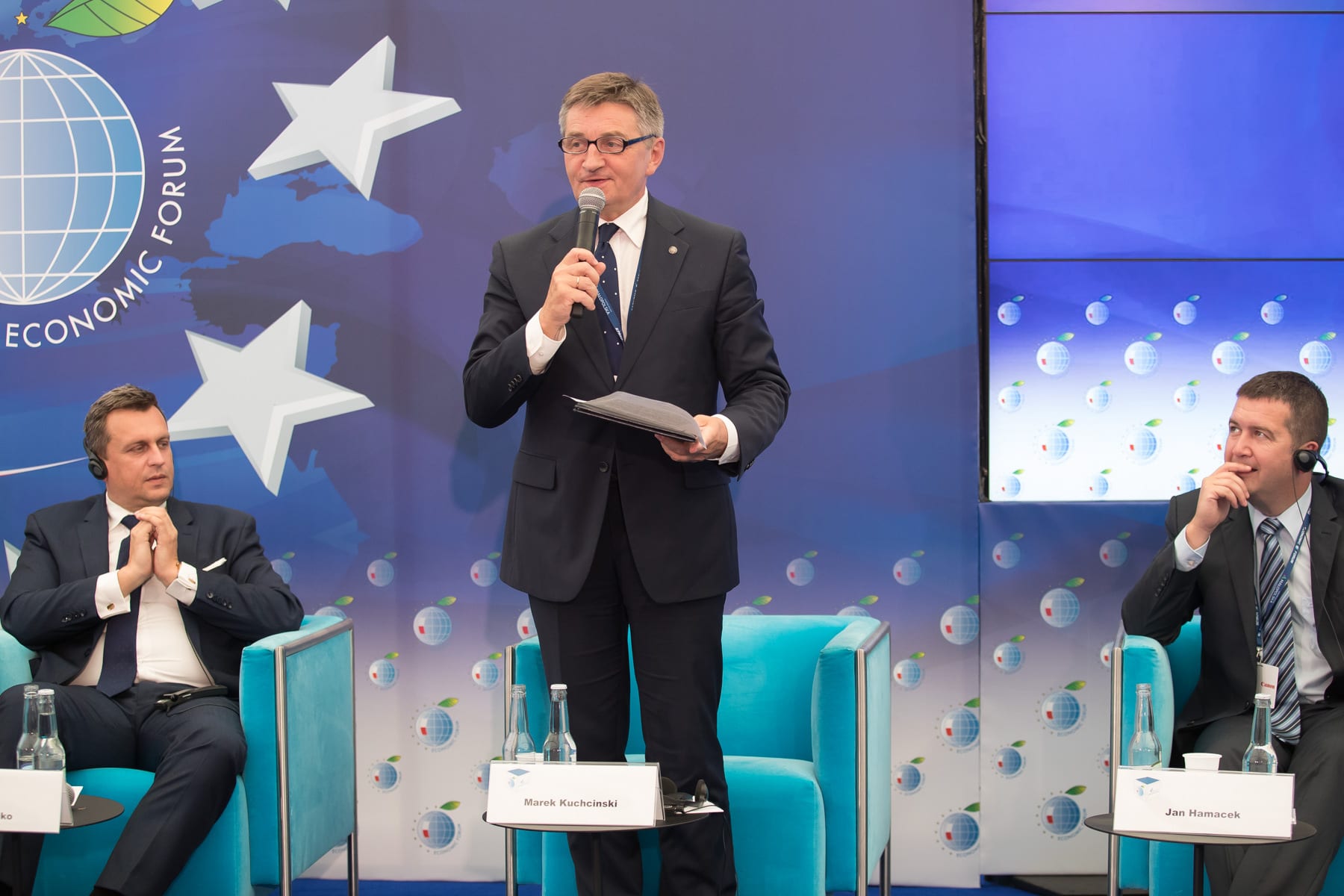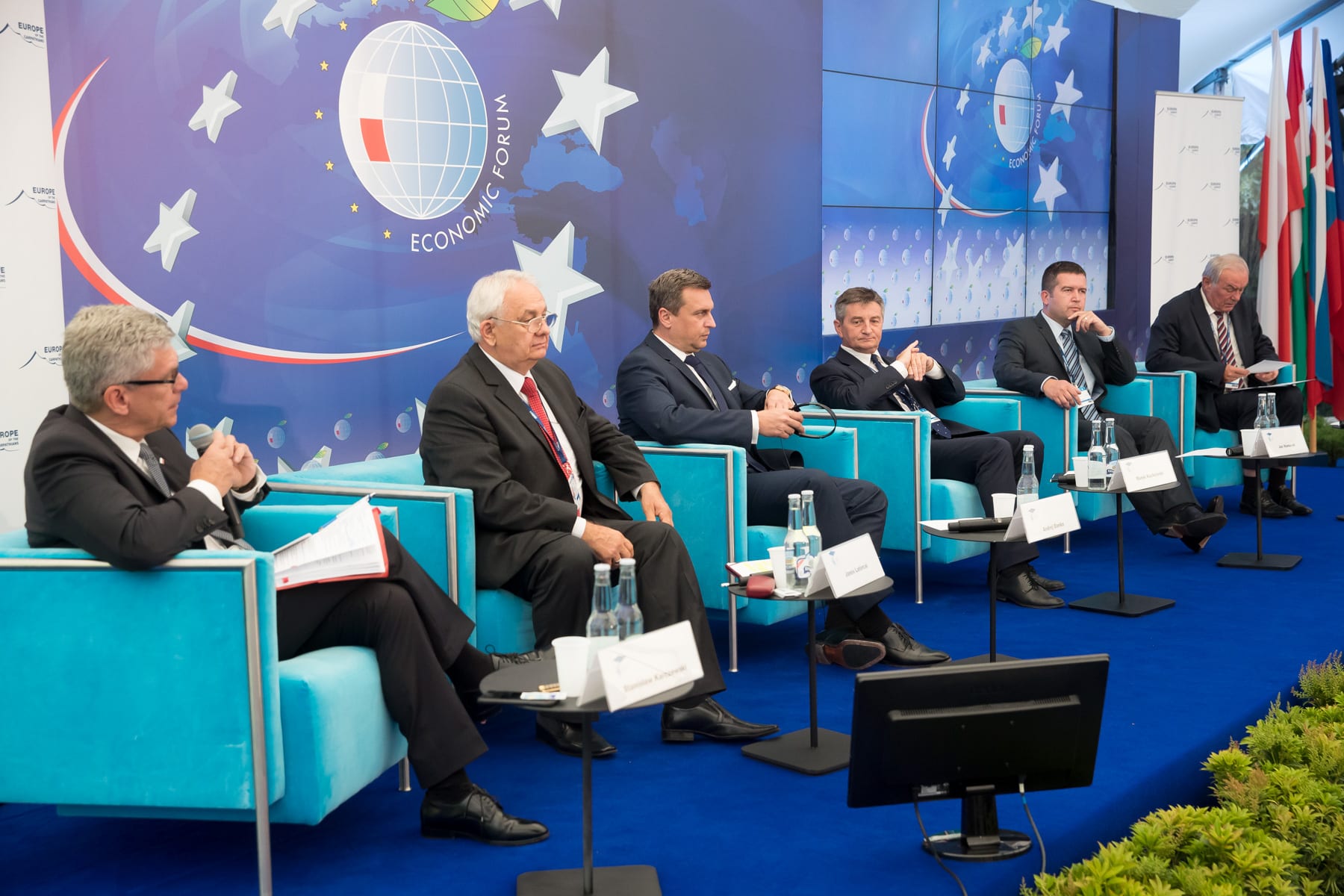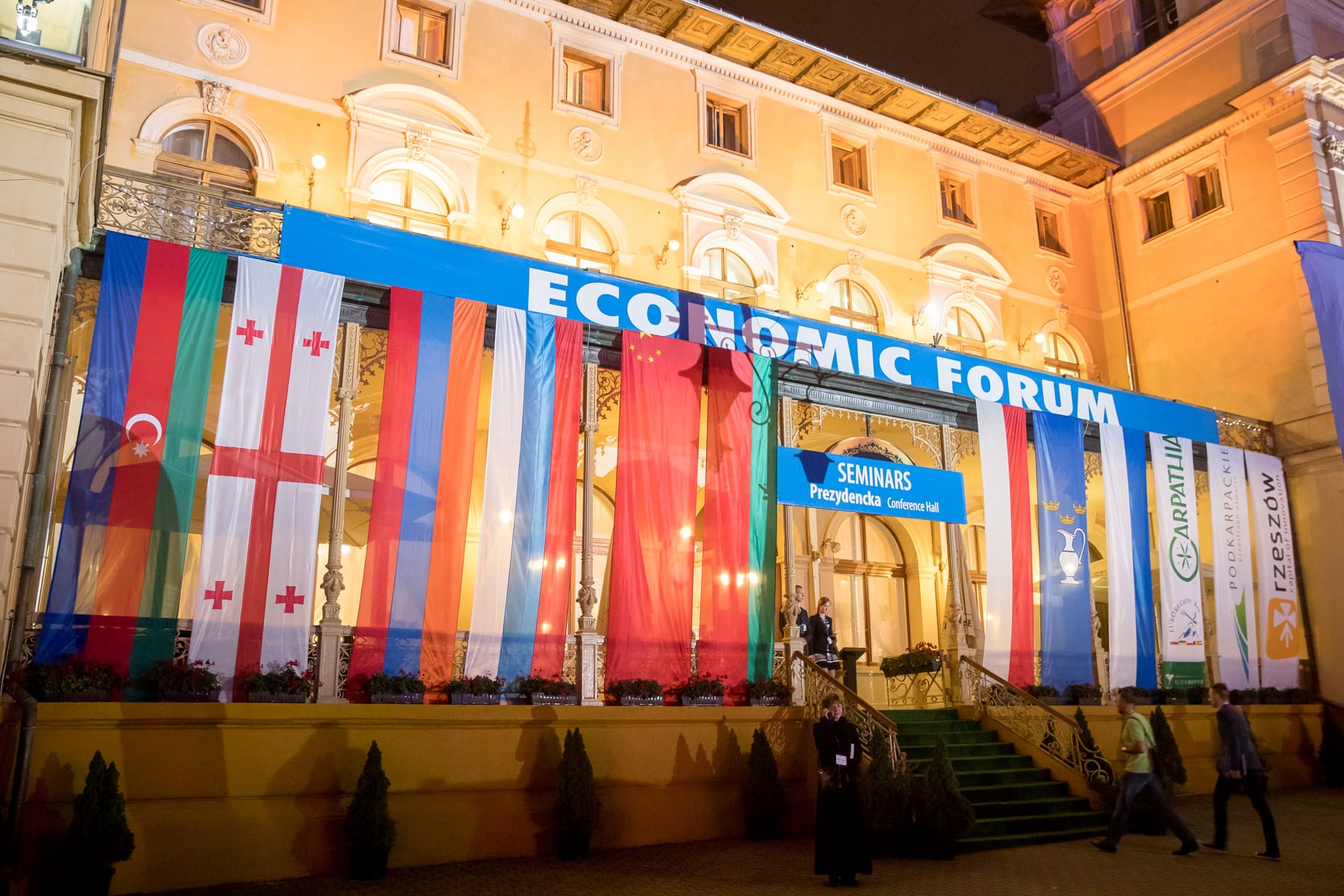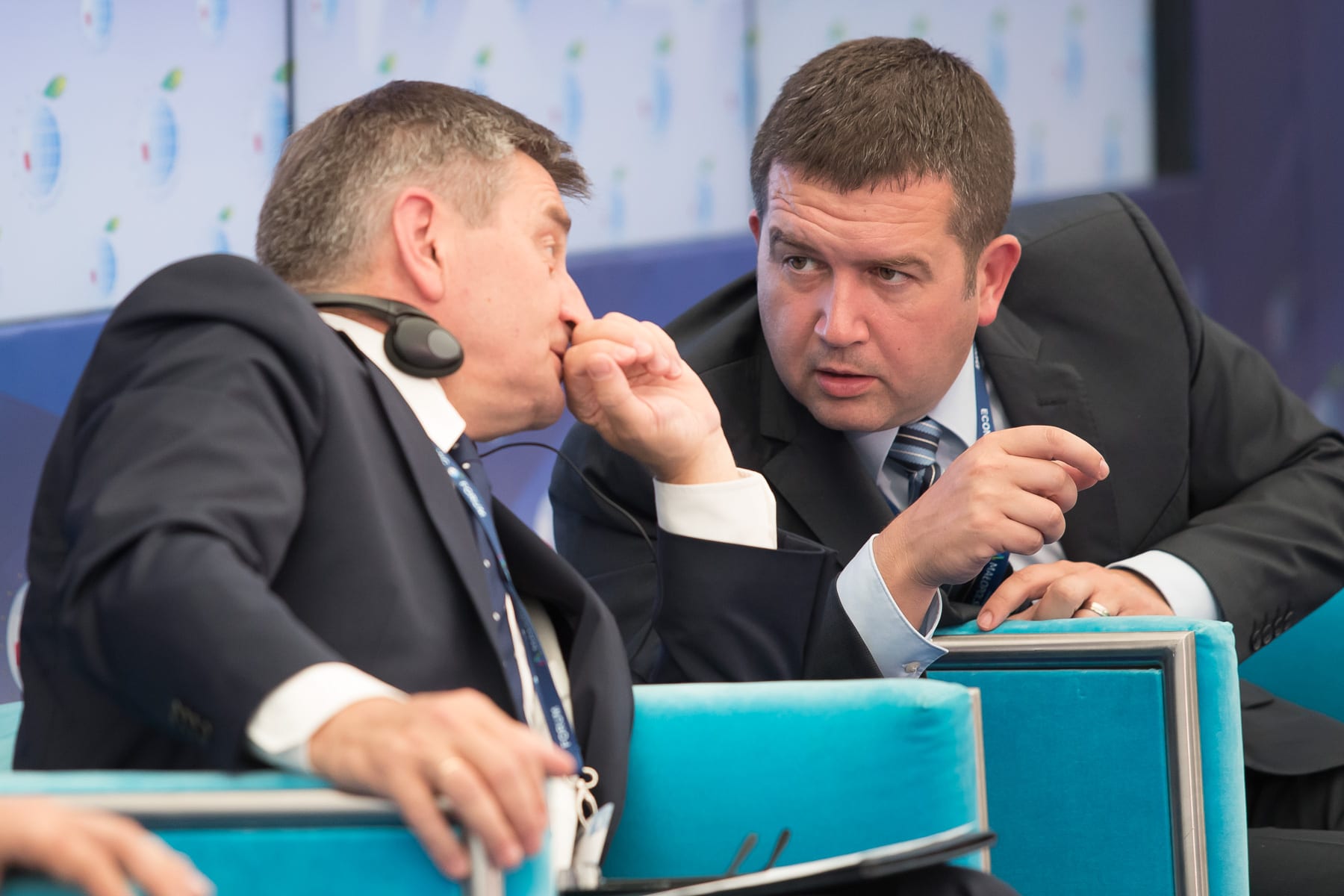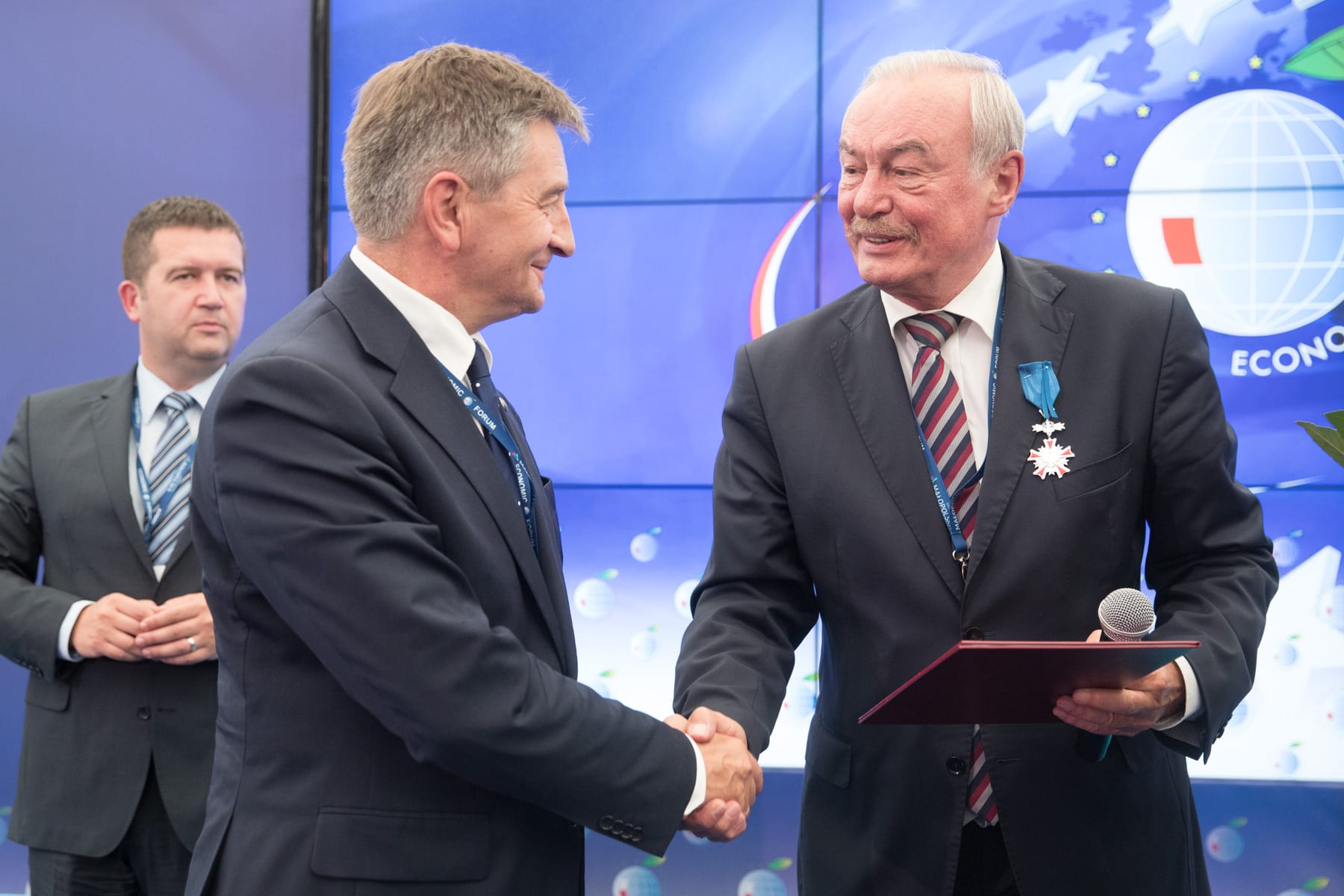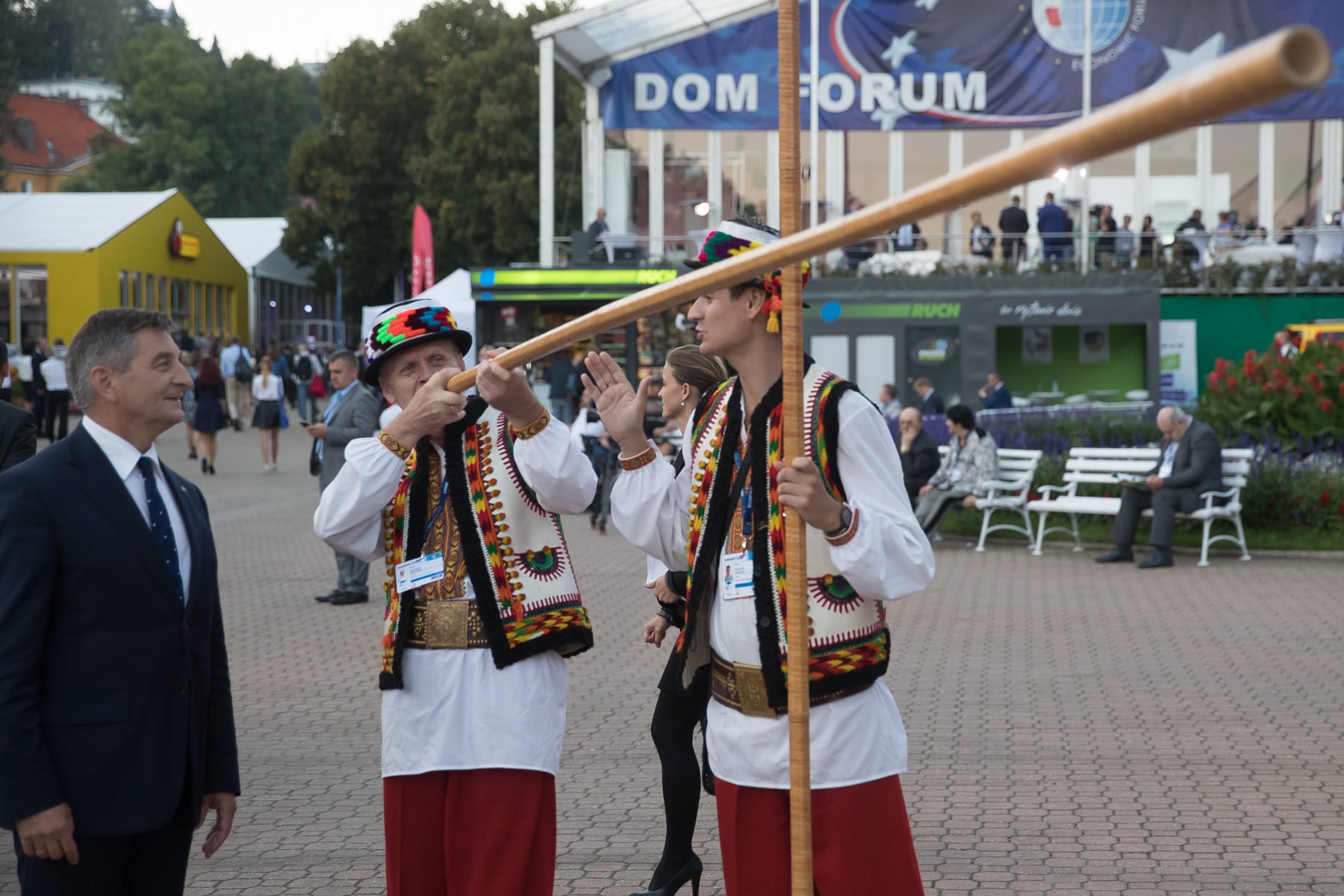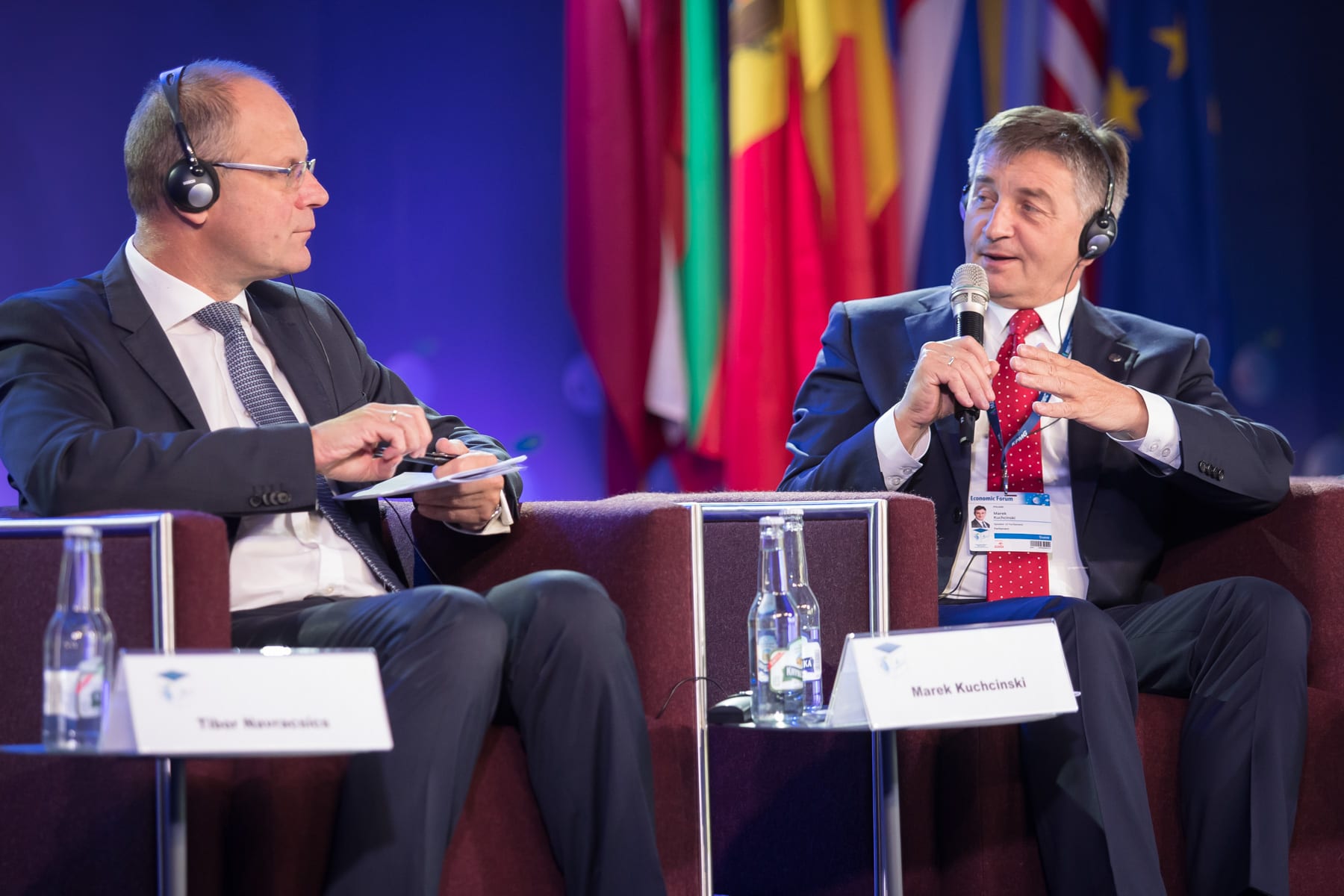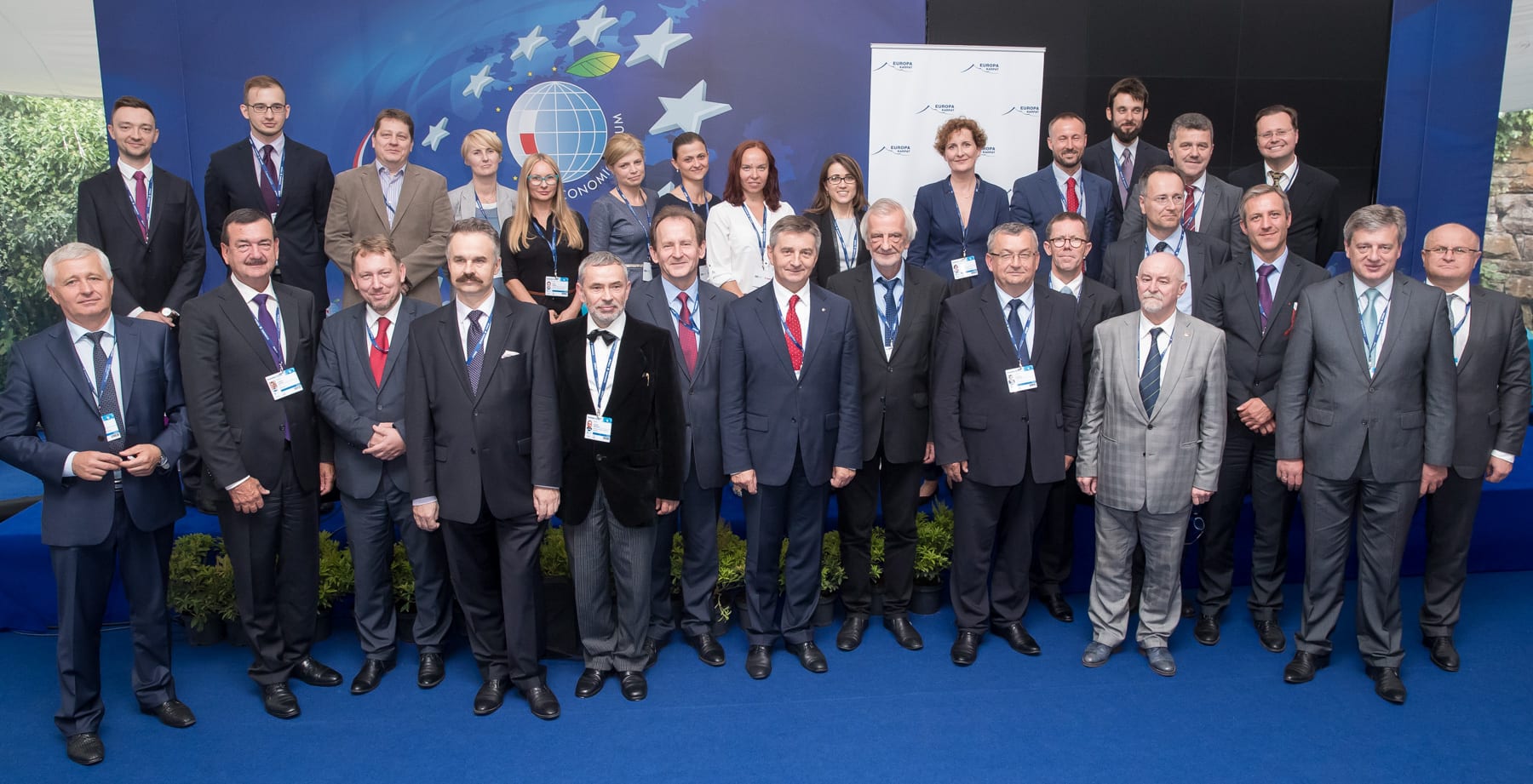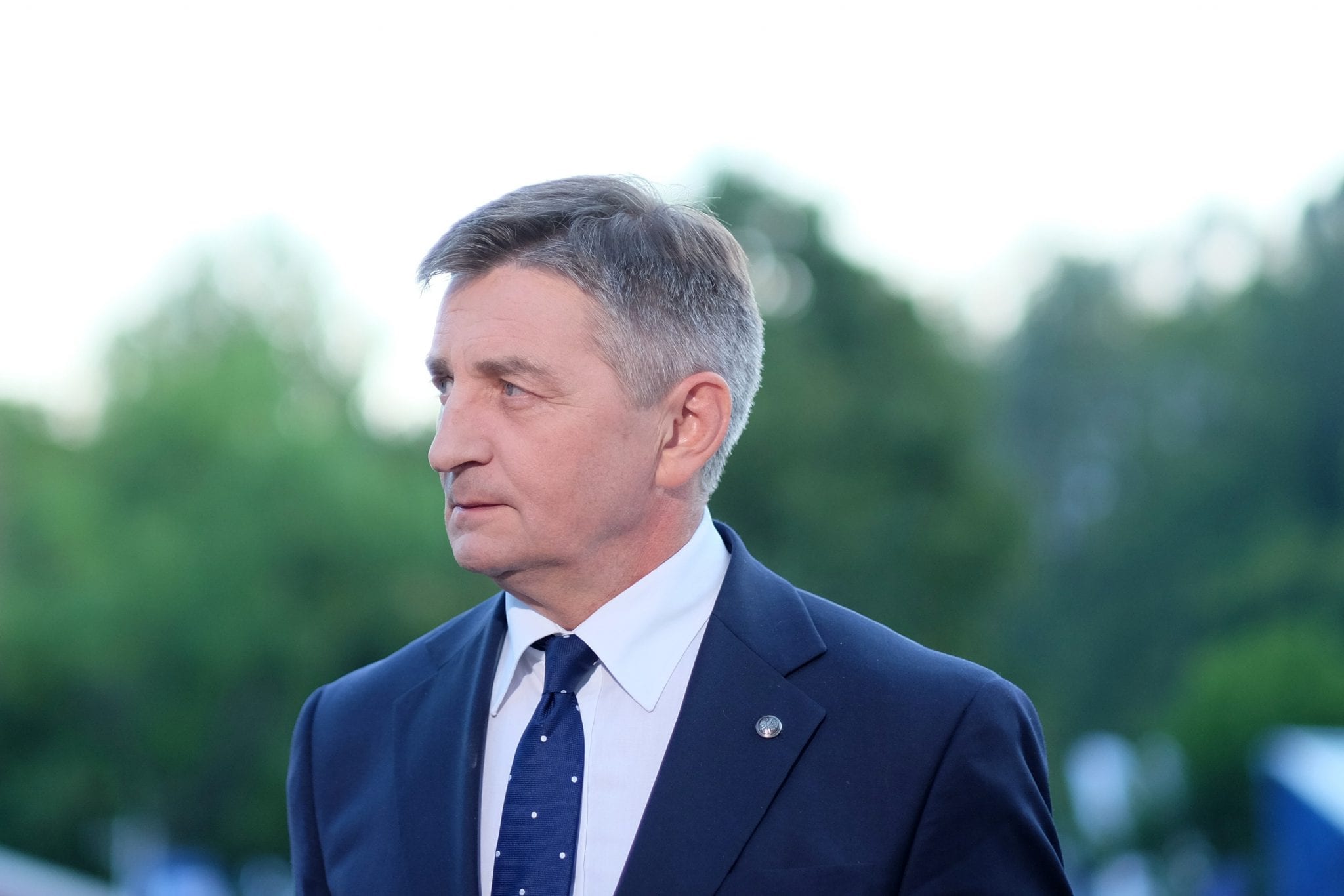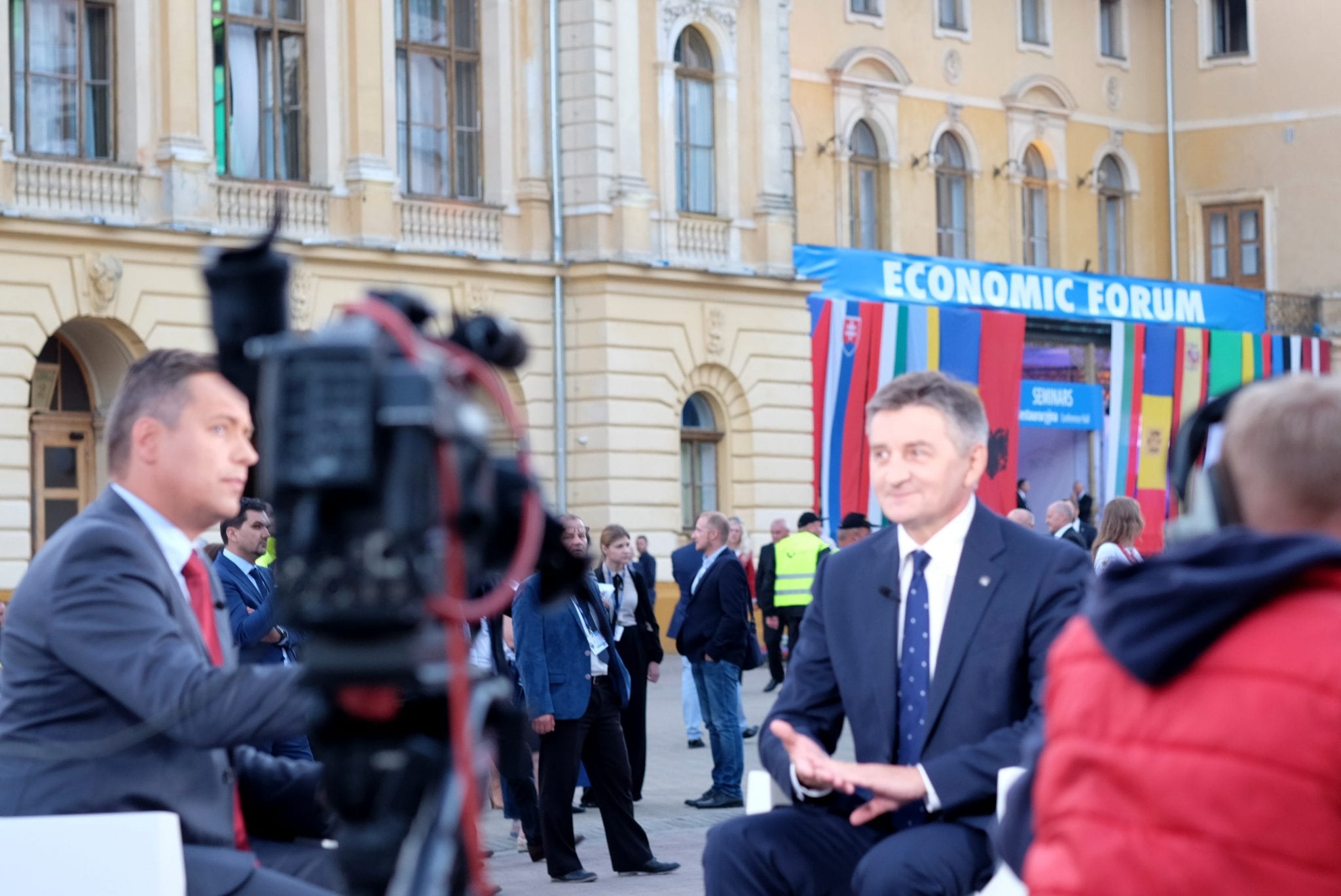Eight panels, over fifty panelists, politicians, local government officials, businessmen, thinkers from Poland, Czech Republic, Hungary, France, Romania, Ukraine, Slovakia, Serbia, Switzerland focused on the main idea: what should be done to raise the cooperation of the Carpathian countries to a higher level, and to ensure prosperity, development and security for the region.
The host of the 13th edition of the conference "Carpathian Europe", this year organized within the framework of the Economic Forum in Krynica, was Marshal of the Polish Sejm Marek Kuchciński, whose vision of a strong Carpathian Europe reaches from the Caucasus to Scandinavia (Central-Eastern Europe).
The invited guests agreed that solidarity and cooperation between the countries in the Carpathian region is necessary. One of the forms of cooperation is the use of the competences of national parliaments resulting from the basic documents of the European Union. For this reason Poland is intensifying its parliamentary diplomacy. A similar will was expressed by the representatives of other countries.
Therefore, the importance of parliamentary diplomacy is growing; the countries of the region should intensify communication, involve parliamentary committees and increase the number of meetings, which would result in a strong and clear signal to Brussels that Central and Eastern Europe wants to play an increasingly important role in the Community.
During the Forum the Speaker of the Sejm met with the Speaker of the Chamber of Deputies of the Parliament of the Czech Republic Jan Hamáček, Vice President of the Czech Senate Přemysl Sobotka, President of the National Council of the Slovak Republic Andrej Danko and Vice-President of the Hungarian National Assembly János Latorcai, which can be interpreted as a major step towards the establishment of the joint Visegrad Group (V4) Parliamentary Assembly.
The panels emphasized the need for changes in EU bureaucracy. Instead of multiplying regulations and procedures, the EU needs to protect its borders, solve the problem of migration or stop the rise of Islamists.
Cooperation among the countries of Central and Eastern Europe should also focus on security, sustainable development, protection of natural resources, preservation of the region's culture, cooperation at university level, renewal of national identity, and a return to European roots. To prevent further disintegration, cooperation should be based on shared values and common interests.


